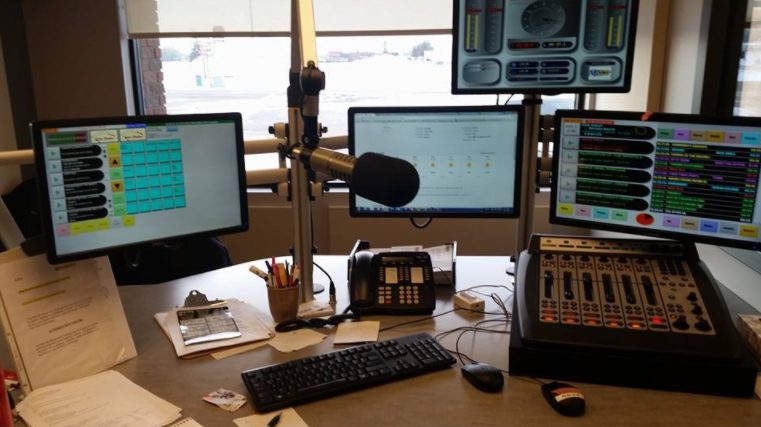 Being a career-centered workaholic, I’ve always been enthused by the idea of networking (strange I know!). However, networking gone wrong can create feelings of anxiety and repulsion toward ever going back to having a semi-formal networking conversation again. I’ve been there. I’ve felt the same discomfort sitting in a conversation where I was ill-prepared to ask thoughtful questions or was feeling there was a coerced script running in the back of my mind. The best way to address some of this discomfort is to practice, practice, practice. While many of the traditional networking dinners and events have been replaced by Zoom calls or small coffee meetings, there is still plenty of opportunity to connect with working professionals.
Being a career-centered workaholic, I’ve always been enthused by the idea of networking (strange I know!). However, networking gone wrong can create feelings of anxiety and repulsion toward ever going back to having a semi-formal networking conversation again. I’ve been there. I’ve felt the same discomfort sitting in a conversation where I was ill-prepared to ask thoughtful questions or was feeling there was a coerced script running in the back of my mind. The best way to address some of this discomfort is to practice, practice, practice. While many of the traditional networking dinners and events have been replaced by Zoom calls or small coffee meetings, there is still plenty of opportunity to connect with working professionals.
How might we practice during this time of social distancing and work-from-home environment you might ask? I have a few tips and tricks that might be useful for AU students moving into the workforce and beyond.
- Do your homework: This adage does not only apply to our academic careers but to our professional development as well. They say opportunity comes to those who are most prepared, and this cannot be more true. By doing your homework and conducting the necessary research before a networking event, you will have the capacity to have deeper conversations rather than gathering surface-level information. They say the actual networking doesn’t happen when you meet the person, it happens well before. The more information you have access to prior to a Zoom networking call, the better quality these conversations will be.
- Share your narrative: Networking can feel like a passive activity, whereby the more informed, senior party advises the junior professional on a particular topic. While often true, sharing your areas of strengths and weaknesses will help allow the other individual to tailor their information to your background. For example, rather than withholding information, I’ve shared experiences both positive and negative that helped spark interesting conversations during networking sessions. I was honest about my weakness in the customer service area and my strength in bigger-picture thinking. Communicating this information also improves your personal branding in allowing others to know what types of roles may be best suited for you. Sometimes, this means reviewing your CV or work history to better communicate those experiences in a succinct manner.

 Keeping it focused: I’ve seen many networking sessions quickly turn into a mess of different topics. Sometimes, this can be helpful building rapport and allowing flexibility in your conversations. However, most professionals are busy people and don’t have an entire afternoon to dedicate to networking. Sticking to a schedule of 30 minutes to one hour may be effective in gathering and sharing information. With a schedule in mind, the conversations will be focused, meaningful for both yourself and your correspondence. That being said, giving some room for rapport-building and time to process information may be valuable. For example, I’ve sat in conversations where a 10 minute tangent actually sparked a new area of interest that connected me with individuals in an entirely different industry.
Keeping it focused: I’ve seen many networking sessions quickly turn into a mess of different topics. Sometimes, this can be helpful building rapport and allowing flexibility in your conversations. However, most professionals are busy people and don’t have an entire afternoon to dedicate to networking. Sticking to a schedule of 30 minutes to one hour may be effective in gathering and sharing information. With a schedule in mind, the conversations will be focused, meaningful for both yourself and your correspondence. That being said, giving some room for rapport-building and time to process information may be valuable. For example, I’ve sat in conversations where a 10 minute tangent actually sparked a new area of interest that connected me with individuals in an entirely different industry.


